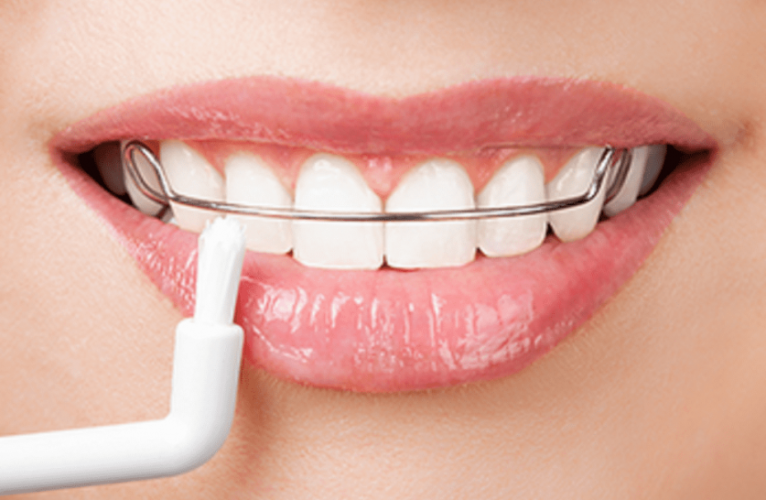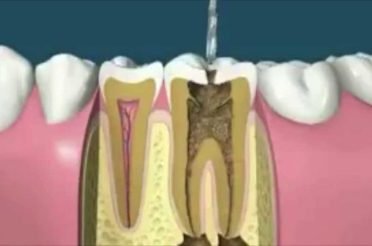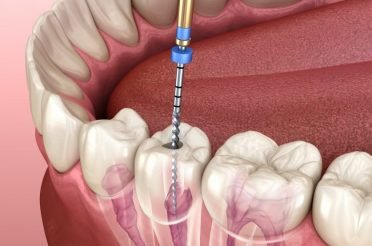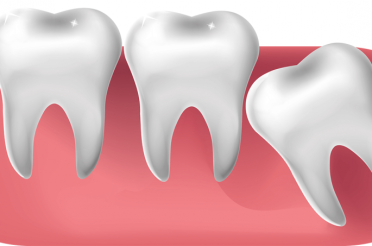What Are The Types Of Retainers Available?

Are you someone who recently heard about retainers from your dentist? Retainers are orthodontics devices that help keep your teeth in their new place after orthodontic treatment. Growth of the gums and tissues promotes returning to their original positions. Orthodontists recommend wearing retainers to reduce the chances of teeth misalignment after braces. Retainers ensure that teeth remain straight after treatment for the long term. In this article, we have mentioned several types of retainers and retainers cost, which will help you further consult your dentist.
What are the different sorts of retainers available in dentistry?
There are many types of retainers available in dentistry; mentioned different sorts of retainers below which might be a help for you in further treatment, such as:
1. Permanent Retainers:
A wire is attached to the back of your teeth in a permanent lingual retainer. It helps indicate individuals for persons who have teeth that are overly rotated, crowded, or have a lot of space between them before they start orthodontic treatment. The most fantastic part about permanent retainers is that they permanently fix your teeth. However, Wire retainer can be challenging to clean, resulting in plaque buildup over time and subsequent dental concerns. As a result, make sure to clean it thoroughly.
2. Clear Plastic Retainer:
Clear retainers are becoming increasingly popular, particularly among older persons who may have had braces. The transparent plastic retainer is an aligner that aids in retaining the teeth. They are not as long-lasting as a Hawley retainer. The dentist doesn’t recommend clear retainers for persons who grind their teeth or have other related problems. This type of retainer is the Invisalign tray system. Another form of clear retainer that keeps teeth in place following Invisalign treatment is the Vivera retainers. This retainer is designed specifically for Invisalign users.
3. Hawley Retainers:
Hawley retainers are probably the most common type of retainer. This form of retainer, often known as wire retainers, has been around for decades and is still a popular choice among orthodontists. These retainers are custom-fit to individual mouths as these retainers are of molded acrylic and wire. They function by gradually moving or retaining teeth into place, and they can be adjusted as needed. Hawley retainers are removable, which makes them comfortable.
Why is wearing retainers after braces essential?
Many people know the cause of misaligned bites is heredity, teeth grinding, and injuries. To restore correctly aligned teeth, your dentist will provide your braces treatment. Your teeth will revert to their pre-orthodontic state if you don’t wear a retainer after braces. You may get an orthodontic relapse if you ignore the retainer, necessitating effective treatment. It is crucial to know that the teeth will shift after removing braces. But the magnitude of the shift will be determined by how often you wear the retainers.
How long do you have to wear retainers?
Removable retainers can last two to three years with proper care and maintenance. Permanent retainers consist of a wire component bonded to your lower teeth’ back.
Do retainers hurt?
As your mouth adjusts to the new sensation, it’s normal for your retainer to hurt for the first day or two after being placed. Discomfort usually lasts four to five days – no more than a week. If your retainer is causing you any further pain, you should schedule an appointment with your orthodontist.
How much do retainers cost?
From studies, we have found that the cost of Hawley retainers is somewhere between $150 to $300. Whereas Clear plastic retainers may cost you from $100 to $250, Permanent retainer’s costs vary from around $250 to $500.
Takeaway!
We hope you liked this article, and now you know about the different sorts of retainers available at your local orthodontist clinic. If you are someone looking for an Essix retainer, you can visit our website and contact our dental specialist.







